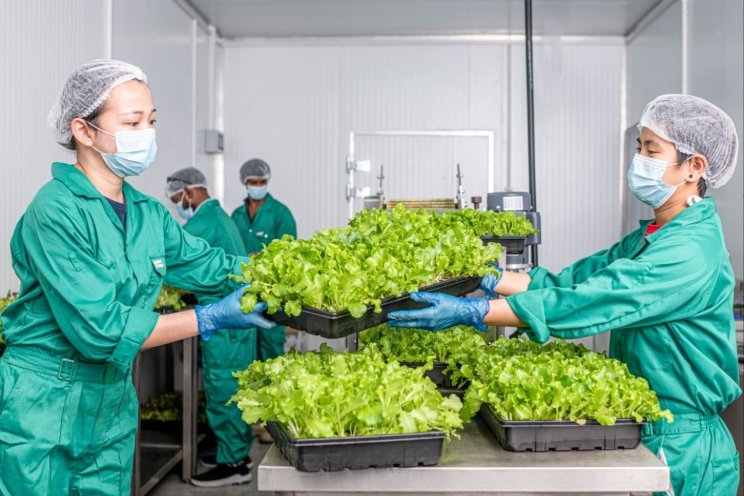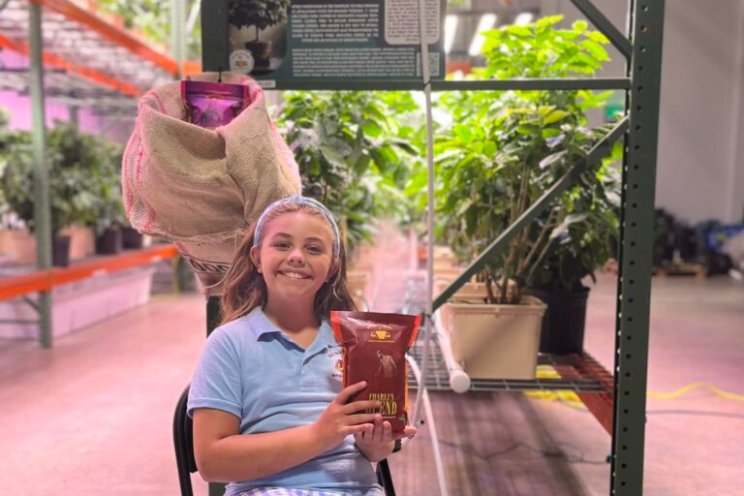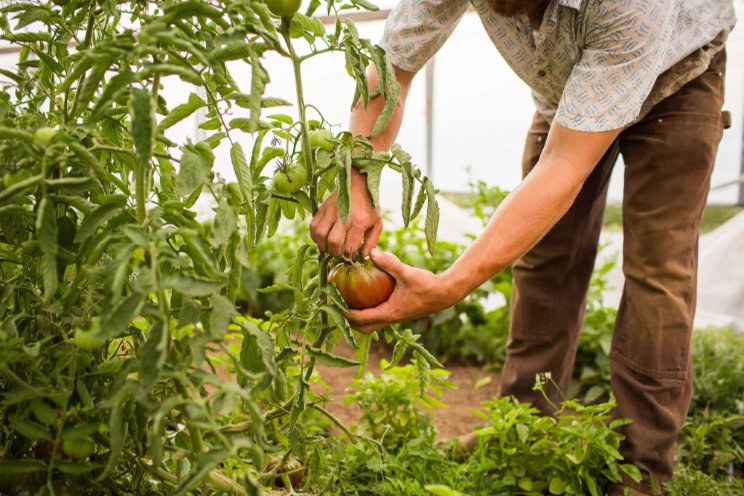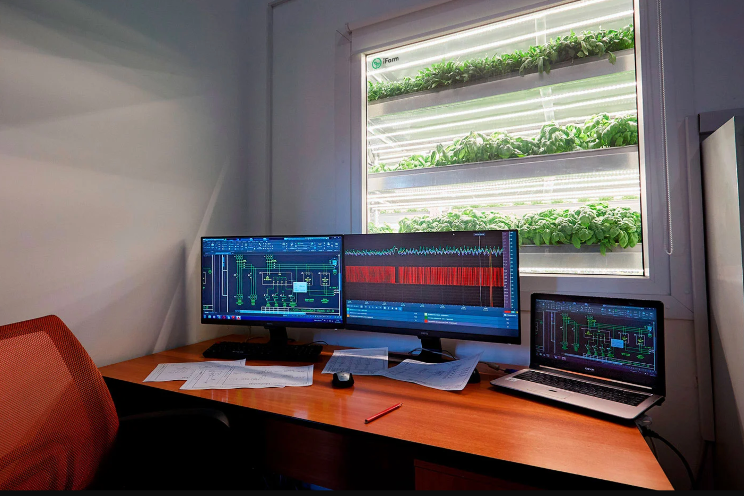BASF Conference 2021: Sustainability starts in research
Added on 13 December 2021
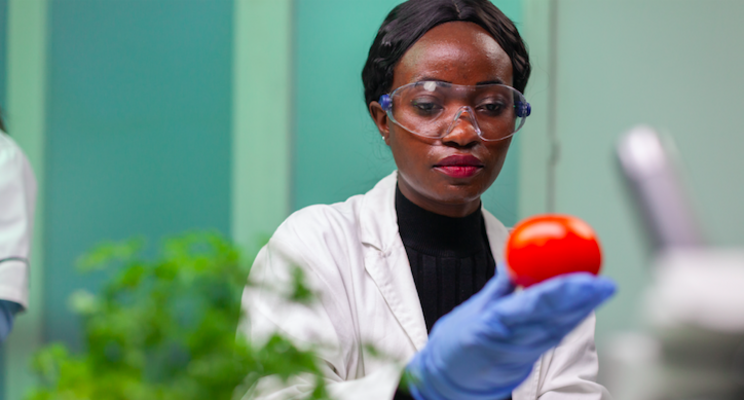
"The transformation towards sustainability starts in research," said Maas-Brunner. BASF is very well-positioned here and has a unique research and development setup with around 10,000 employees globally. "To overcome the challenges of this transformation at an even faster pace and be successful in the long term, we must further strengthen customer proximity and leverage the advantage of our Know-how Verbund," added Maas-Brunner. For this reason, the company is reorganizing its worldwide research activities in the coming year. Business-related research units, which have so far been part of the three research divisions, will be embedded into the operating divisions and thus even more closely aligned with the needs of customers. In the future, BASF will bundle research activities with relevance for several divisions in a central research division with global presence.
BASF has set itself ambitious sustainability goals. The company wants to further accelerate the development of CO2-free processes and a circular economy as well as the expansion of digitalization. Moreover, BASF supports its customers in the transformation toward greater sustainability: In total, BASF invested around €2 billion in research and development in 2020.
Innovations for sustainable agriculture
BASF research is also working on solutions for sustainable agriculture. Farmers are facing major challenges: feeding a growing world population that will reach 10 billion by 2050, changing weather conditions due to climate change, safe and effective pest and weed control amid increasing resistance as well as limited natural resources and arable land. Innovations - ranging for example from new seeds and traits to novel crop protection products and digital applications - are therefore urgently needed.
Click here to read more.
Photo created by DCStudio - www.freepik.com
Source: Ag News
More news

